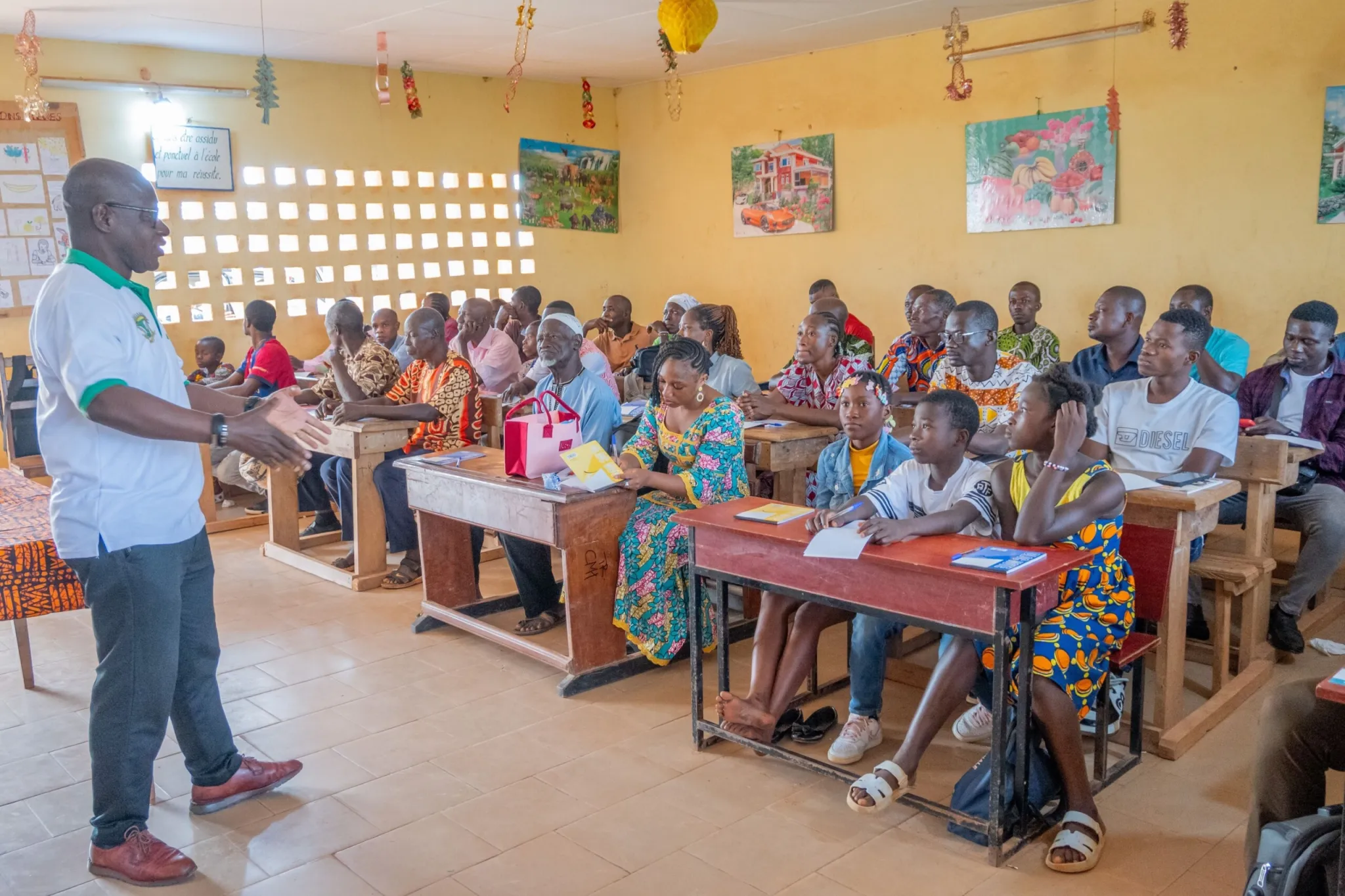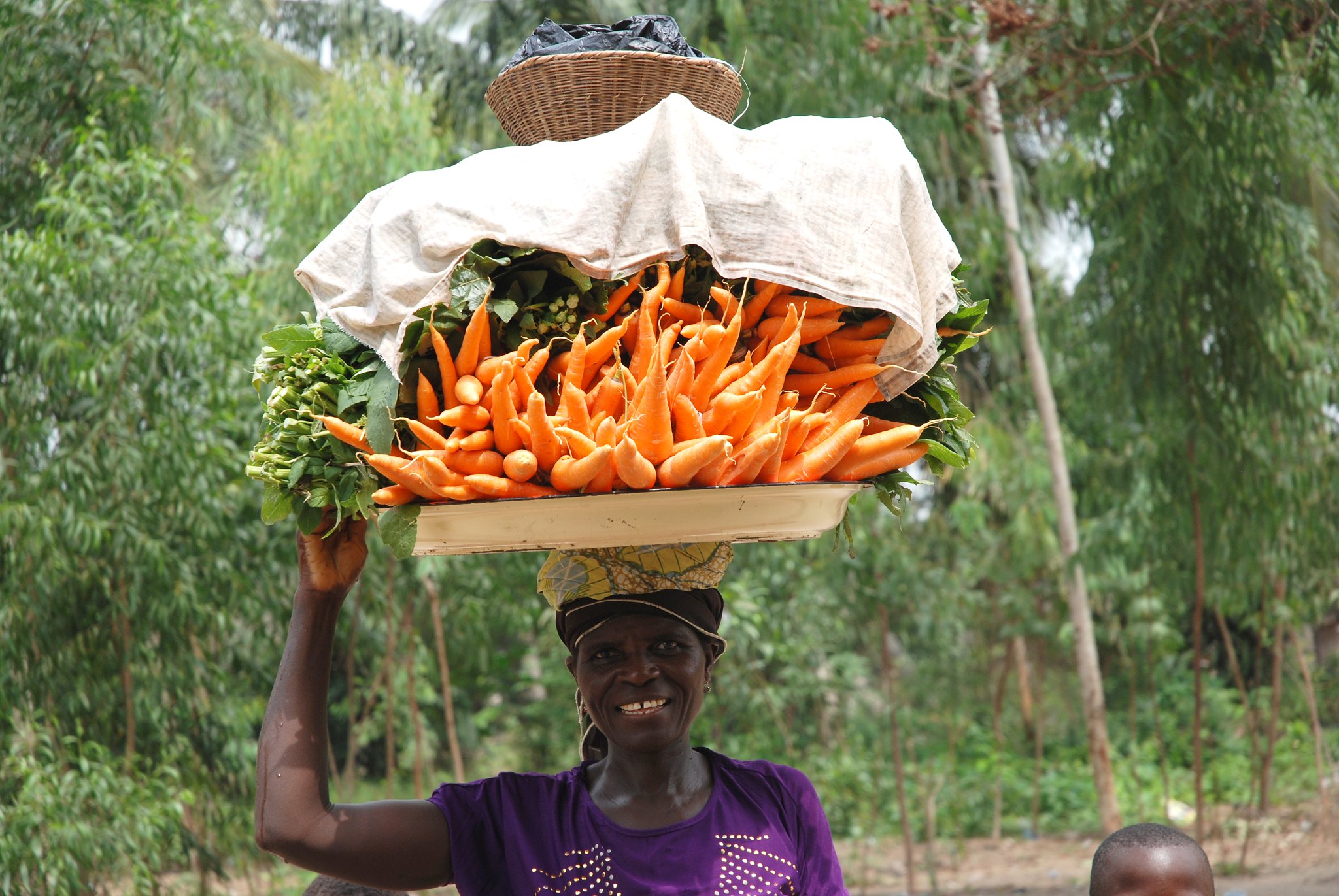Held in Rio de Janeiro in December 2019, the main outcome of the inaugural World Non-Formal Education Forum was the Rio Declaration on Non-Formal Education which calls for more recognition, innovation, and investment in non-formal education.
By Alice Mukashyaka and Thaís Queiroz, Next Generation Fellows for Education
Following several years of design and development with donors and MDBs, the International Finance Facility for Education (IFFEd) is being registered in Geneva and will launch at the Transforming Education Summit in September 2022, as called for by the UN Secretary-General and other global leaders. The development process to date has been led by the Education Commission, building on its landmark Learning Generation report which highlighted the critical gap in education financing in LMICs.
The Transforming Education Summit is approaching and we are excited about it! The United Nations Secretariat planned this important political moment for the 77th Session of the UN General Assembly to bring the world’s attention to the global education crisis that we, as young people,are living and experiencing. The focus is on helping children and youth catch up on lost learning due to the pandemic, and transforming how formal and non-formal education prepare young people for work and life.
Although society benefits when we create more sustainable, healthy, inclusive, and diverse educational systems, young people are directly affected by this transformation. That is why we have formed an Action Group of young people to mobilize our networks, prepare ourselves to actively engage in the transformation of educational systems in our own countries, and advocate for change at the Summit.
1. Youth leadership as a critical way to Unlock the Future for Education.
On September 19th, the Unlock the Future Coalition and partners will host the Unlock the Future of Learning. This day-long event will be a high-level multi-stakeholder event adjacent to the Transforming Education Summit. The event will be youth-led, amplify outcomes of the Summit, and provide a platform for youth to call for action to build formal and non-formal education systems that provide everyone with the skills needed to thrive in the future. Young people will mobilize their communities, countries, and international networks to build on their proposals and demands for change.
2. A multisectoral approach to transform education.
We see a huge need for deep and substantive cross-sectoral collaboration within and outside of education to create a more sustainable, prosperous, and equitable world.
The Education Commission and Dubai Cares, together with the United Nations Foundation, Restless Development, and the World Organisation of the Scout Movement are launching a report – Rewiring Education for People and Planet – on September 17th, 2022 that identifies six win-win solutions, three critical drivers to incentivize collaboration, and an accompanying financing plan to rewire education for people and planet. The win-win solutions include school meals and health interventions to end hunger and improve well-being, creating diverse and certifiable routes for youth to build skills and promote inclusive and sustainable economic growth, and adapting education systems to build climate resilience and develop green skills, among others. Watch the launch online here.
As young people, we would love to work with new and different partners to move these win-win solutions forward.
On the other hand, looking at the current Summit planning, decision-making will mostly happen amongst the world leaders. As part of our work as Next Generation Fellows for Education, we encouraged young people who are members of our Action Group to write letters to their government requesting the transformations they would like to see in their educational systems. This includes an education for the 21st century that is adapted to respond to crisis situations, that is gender transformative, that is inclusive of the most disadvantaged groups, and that prepares them for strong livelihoods. It also includes a request for the recognition of Non-Formal Education and for adequate funding and investments.
The time has come to stop thinking in silos and to start recognizing the interconnectedness of the SDGs and the powerful benefits of linking education to efforts across other sectors to fuel a virtuous cycle of progress and to engage youth in moving the win-win solutions forward. Let’s forge new and meaningful partnerships to seize win-win opportunities for transformative results and let’s use the Summit as the moment to commit to making the impact we want to see!


